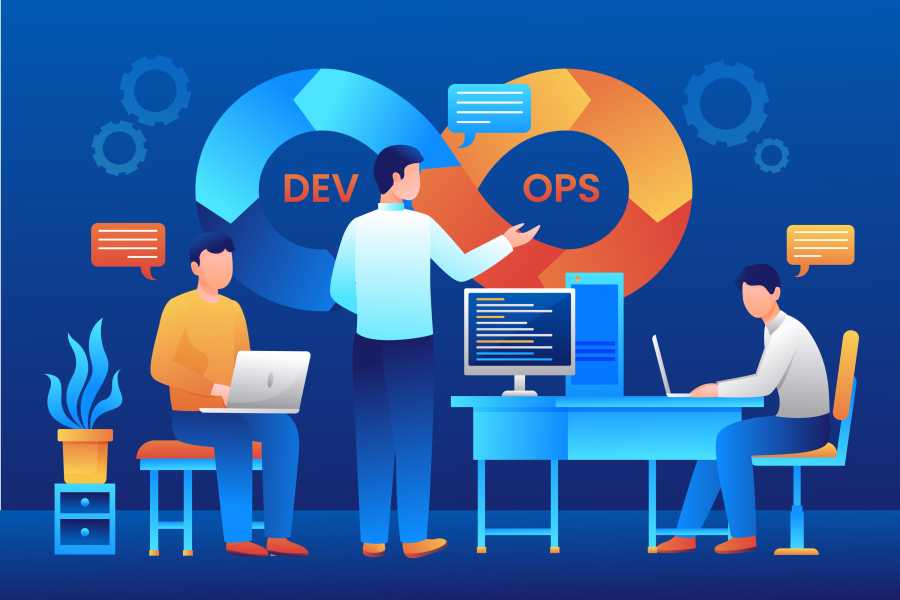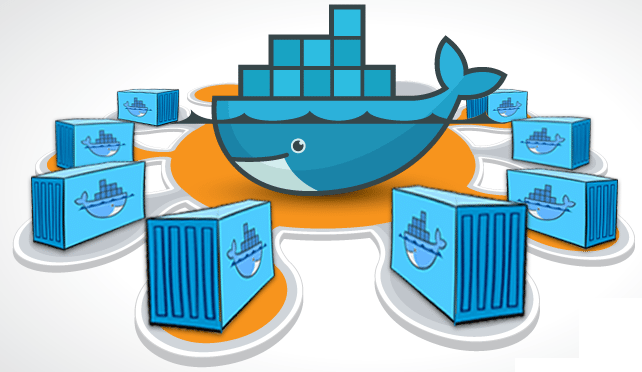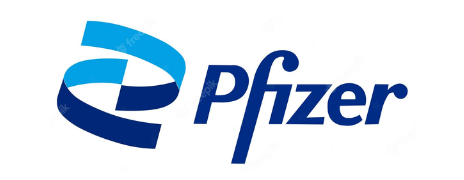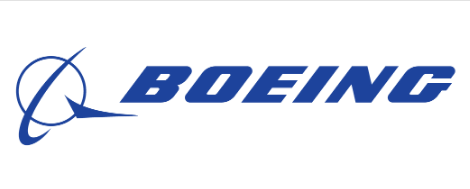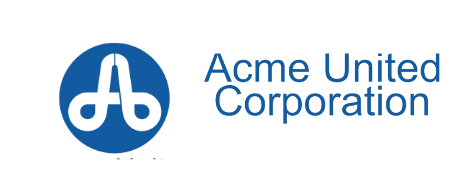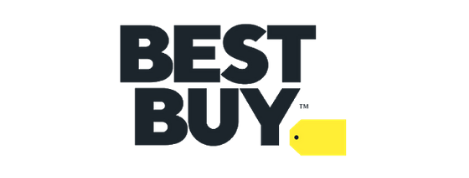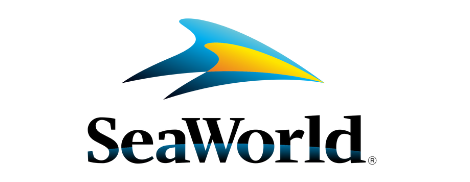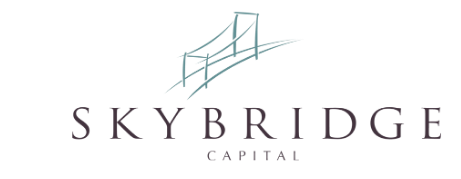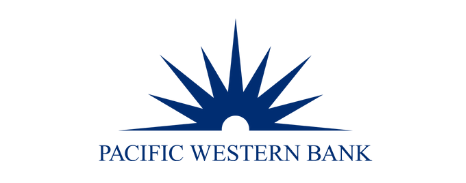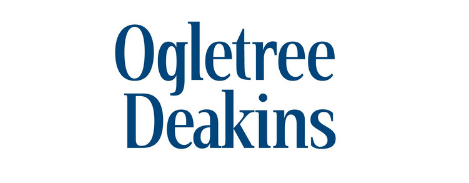Cloud DevOps Solutions
Cloud DevOps enabled development teams to seamlessly collaborate with IT operations and produce far better results in comparatively less time.
With continuous development, Continuous Integration, process automation, Infrastructure as Code, quick feedback loop, real-time iterations, and many other useful capabilities, DevOps is one of the technologies with the highest adoption rate.
From executing the CICD pipeline, Azure Repos, Azure Board, and Containerization to other CloudDevOps aspects, experts at VGroup Inc can handle it all.
It accelerates the software development lifecycle by enabling teams to provision and configure resources rapidly, eliminating delays caused by hardware setup.
Continuous integration and deployment automate the build and release processes, reducing time-to-market for new features and updates.
The flexible and scalable cloud infrastructure allows for creating multiple instances for testing new ideas.
Teams can iterate and test features in an isolated environment, ensuring a safe and efficient experimentation process.
Streamline software delivery with our CICD Pipeline service, automating code integration, testing, and deployment for faster releases.
Securely manage source code and collaborate effortlessly with Azure Repos, a versatile version control system.
Optimize project management and track progress with Azure Boards, a powerful work-tracking system for agile teams.
Unlock scalability and flexibility with our Containerization service, packaging applications and dependencies for efficient deployment across platforms.
We've been transforming the Information Technology space since 1999, and up until now, we've been most successful in our pursuit of creating a culture that provokes innovation.
DevOps is a software development methodology emphasizing collaboration, integration, and automation between development (Dev) and operations (Ops) teams.
It aims to streamline the software delivery process by breaking down silos and fostering a culture of continuous improvement.
DevOps combines practices, tools, and cultural shifts to enhance communication, collaboration, and efficiency throughout the software development lifecycle.
In a DevOps environment, developers and operations teams work closely together from the early stages of software development through deployment and beyond.
This collaboration encourages shared responsibility, accountability, and a collective focus on delivering value to customers.
DevOps promotes the use of automation tools, continuous integration and continuous delivery (CI/CD) pipelines, infrastructure as code (IaC), and monitoring and feedback mechanisms to ensure faster, more reliable, and higher-quality software releases.
It enables faster time-to-market by facilitating more frequent and reliable software releases.
DevOps reduces manual errors and enables rapid feedback loops by automating build, test, and deployment processes through CI/CD pipelines.
This agility allows organizations to respond quickly to market demands, deliver new features, and address issues promptly.
Secondly, DevOps enhances customer satisfaction by enabling faster feature delivery and more frequent bug fixes.
Continuous monitoring, feedback, and iterative development practices ensure customer feedback is incorporated into the development process.
This leads to improved product stability, enhanced user experience, and increased customer satisfaction.
Moreover, DevOps promotes a culture of shared responsibility and continuous improvement. Teams collaborate effectively by breaking down silos between development, operations, and other stakeholders, leveraging diverse expertise and perspectives.
Automation tools and IaC enable reproducibility, scalability, and consistent deployments, reducing errors and increasing efficiency.
Furthermore, DevOps helps organizations optimize costs by reducing downtime, improving resource utilization, and minimizing manual effort.
By automating processes and leveraging cloud infrastructure, organizations can scale their applications and infrastructure efficiently, paying only for what they use.
Source Code Management: Git is a widely used distributed version control system that enables teams to manage and collaborate on source code efficiently.
Other options include Bitbucket, which provides Git and Mercurial repositories, and Azure Repos, which offers Git and Team Foundation Version Control (TFVC) options within the Azure DevOps ecosystem.
Continuous Integration/Continuous Delivery (CI/CD): Jenkins is a popular open-source automation server that supports continuous integration and delivery pipelines.
It enables teams to automate build, test, and deployment processes and integrates with various version control systems, tools, and deployment platforms. Other CI/CD tools include CircleCI, Travis CI, and GitLab CI/CD, which offer cloud-based CI/CD capabilities.
Configuration Management: Ansible is an open-source automation tool that allows teams to define and manage infrastructure configurations as code.
It provides a simple and agentless approach to configuration management, making deploying, managing, and updating systems easier. Other popular configuration management tools include Chef and Puppet, which offer more advanced configuration and management capabilities.
Containerization: Docker is a leading platform for containerization, allowing applications to be packaged with their dependencies into containers that can run consistently across different environments.
Kubernetes, an open-source container orchestration platform, simplifies containerized applications' deployment, scaling, and management. Amazon Web Services (AWS) Elastic Container Service (ECS) is another popular option for container orchestration.
Infrastructure as Code (IaC): Terraform is an open-source tool that enables infrastructure provisioning and management through declarative configuration files.
It supports multiple cloud providers and infrastructure platforms, allowing teams to define and deploy infrastructure resources consistently and efficiently.
Other options include AWS CloudFormation and Azure Resource Manager, which provide infrastructure orchestration capabilities specific to their respective cloud platforms.
Cultural Resistance: Encountering resistance from teams or individuals who resist change or have differing priorities.
Siloed Organizational Structure: Overcoming organizational silos and establishing cross-functional collaboration and shared responsibilities.
Legacy Systems and Processes: Adapting and integrating DevOps practices into legacy systems, tools, and processes.
Toolchain Complexity: Managing and integrating a complex array of tools and technologies that support the DevOps process.
Skillset Gaps: Acquiring and developing the necessary skills and expertise within teams to effectively implement DevOps practices and utilize DevOps tools.
Security and Compliance: Addressing security concerns and ensuring compliance with regulatory requirements while adopting DevOps practices.
VGroup is a certified Microsoft Gold Partner, the highest affiliation level from Microsoft.
Moreover, we have Subject Matter Experts in IT Services with industry experience managing hardware, software, and network infrastructure.
Additionally, VGroup has a cumulative experience of two decades, and we've been transforming Business since 1999. Products we've built have won American Business Awards and have been nominated for other recognitions.


